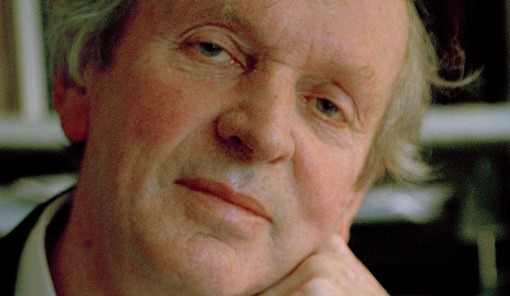Morphic Resonance, Collective Memory and Family Fields

Morphic Resonance, Collective Memory and Family Fields
According to Rupert Sheldrake’s hypothesis of morphic resonance, memory is inherent in nature, and the so-called laws of nature are more like habits. All species have a collective memory, on which each individual draws and in turn contributes to.
In the human realm, this hypothesis agrees well with Jung’s idea of the collective unconscious as a kind of shared memory. Even individual memory depends on morphic resonance rather than on physical memory traces; we tune into our memories rather than store them within our brains.
Social groups also inherit memories, as shown in family constellation therapy, and morphic resonance plays an important part in several spiritual practices, including rituals and the use of mantras. In this talk, Rupert Sheldrake will discuss some of the evidence for this hypothesis and explore some of its implications.





